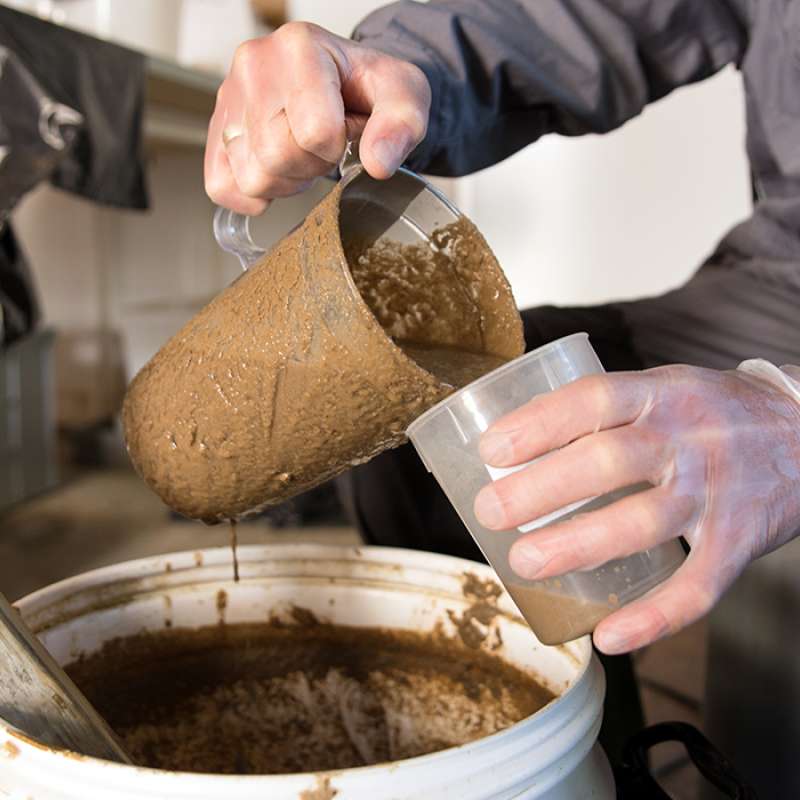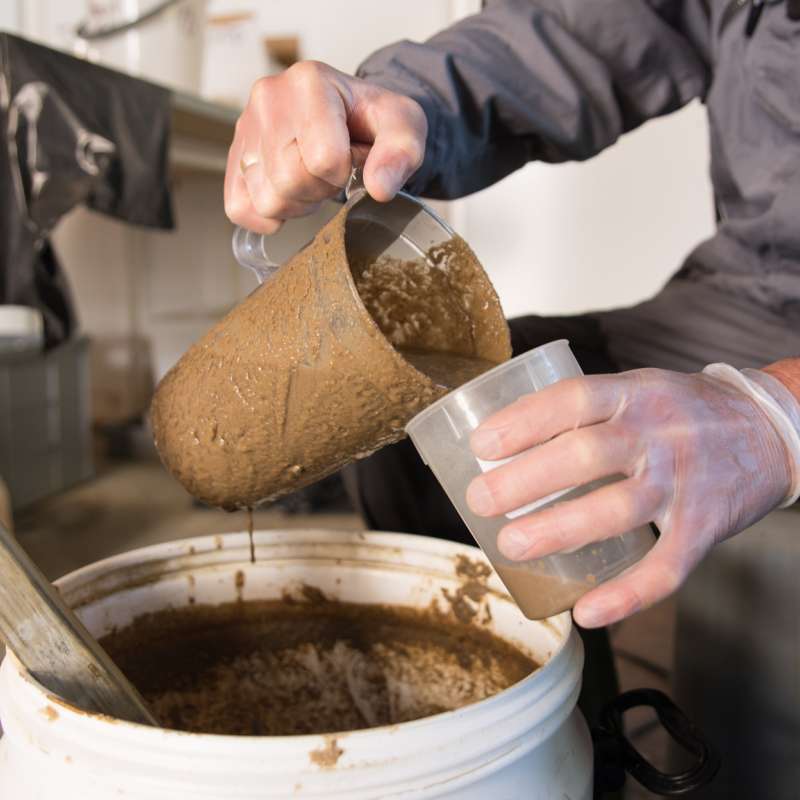Linn Solli
Forsker
Biografi
Utdanning/kompetanse: Doktorgrad (PhD) (2017) i mikrobiologi ved Universitetet for miljø- og biovitenskap, NMBU.
Min forskning omhandler:
- Blå/grønn bioøkonomi (landbruk / havbruk / akvakultur)
- Klima- og miljøvennlig håndtering av organiske restfraksjoner
- Anaerob nedbrytning av organiske fraksjoner (husdyrgjødsel, fiskeslam, slakteriavfall etc)
- Biogassprosess og metanproduksjon
- Dynamikk i anaerobe mikrobiologiske samfunn
- Toleranse for nitrogen (ammoniakk) og fettsyrer (LCFA / VFA) i anaerobe mikrobiologiske samfunn
- Syntrofiske forhold mellom ulike grupper bakterier og metanogene Arker
På Ås har vi Norges største biogasslaboratorie, med utstyr og instrumenter for ulike typer biogassforsøk (eks. potensialtester, langvarige kontinuerlige biogassforsøk, analyser av gass og organisk materiale). Laboratoriet har også fasiliteter for mikroalgeforsøk, komposteringsforsøk og en rekke forskjellige analyser.
Sammendrag
Det er ikke registrert sammendrag
Sammendrag
Upgrading biogas to biomethane could contribute to sustainable energy production, yet H2S may reduce the process efficiency and gas quality. This work examined the impact of H2S on biomethanation in batch assays and in continuous trickle bed reactor (TBR). The batch assay (not biofilm based) was conducted to quickly determine the threshold H2S concentration and to evaluate the inoculum's response to repeated H2S exposure. In contrast, the TBR experiment aimed to explore the role of biofilm-based biomethanation in mitigating H2S inhibition. Batch assays revealed significant inhibition, especially at higher H2S concentrations (3 %) and thermophilic temperatures (51 °C). In the batch assay, presence of H2S resulted in up to 30 % reduction in CH4 yield, decreasing from 229 to 160 NmL/Lreactor. Additionally, the CH4 content declined by 12 %, from 49 to 43 %. In contrast, TBRs showed resilience where TBRs fed with H2S-rich biogas produced effluent gas with 83.5 % CH4, similar to control (81.0 %). 16S rRNA analysis highlighted shifts toward sulphate reducing and sulphur oxidizing bacteria under H2S exposure, while acetogenic and syntrophic acetate-oxidizing bacteria increased in the control. This suggests potential competition for available substrates when subjected to H2S. These findings highlight that H2S significantly inhibits non-biofilm-based biomethanation, as seen in batch assays, although moderate acclimation was observed. However, biofilm-based process, e.g TBRs, effectively mitigate H2S toxicity, ensuring efficient biogas upgrading to biomethane.
Sammendrag
Det er ikke registrert sammendrag

Divisjon for miljø og naturressurser
CIRCULIZER - Biorest fra marine restråstoffer
I dette prosjektet undersøker vi biorest produsert fra marine restråstoffer. Hvordan påvirker fiskeslam og fiskeensilasje biogassprosessen, gjødseleffekten, miljøgevinster og hva skal til for at biorest faktisk blir tatt i bruk som gjødsel?

Divisjon for miljø og naturressurser
SUFFICIENT
SUFFICIENT is a highly innovative and industry driven collaboration project which brings together Norwegian industries from aquaculture (Cermaq), agriculture (Woolero and Terramarine) and biorefinery (Greentech) to develop new circular bioprocess routes, comprising anaerobic digestion, hydrolysis and fungal fermentation, for efficient conversion of selectively processed biowastes into products for fish & animal feed and biostimulant fertilizers.
